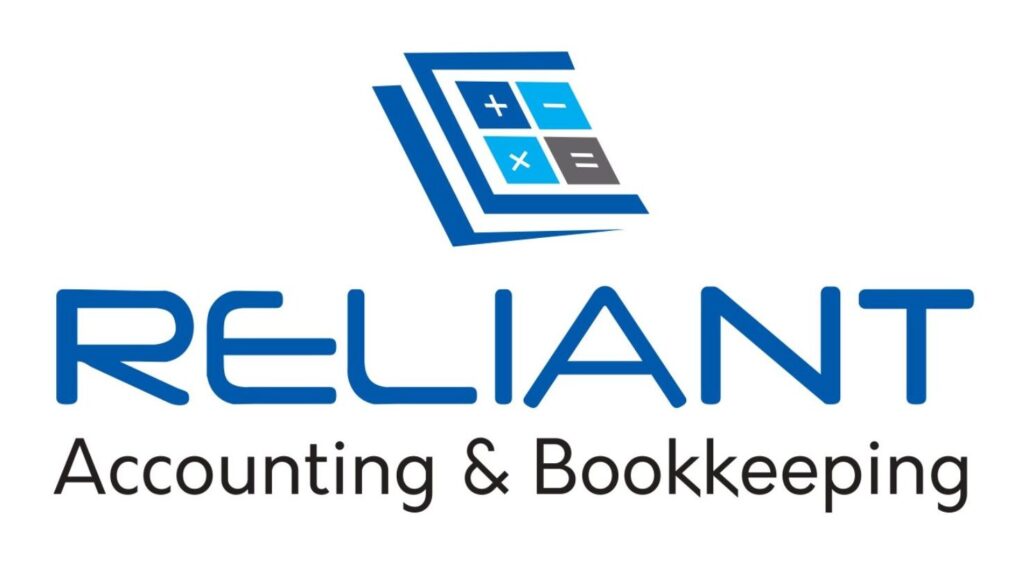Accounting in Dubai: What You Need to Know Dubai is a thriving business hub with a dynamic economy, making it an attractive destination for entrepreneurs and corporations. Whether you are setting up a new business or managing an existing one, understanding accounting regulations in Dubai is crucial. This blog provides a comprehensive overview of the […]
Blog
Federal Tax Authority applies VAT refund of AED 2.9 billion for 35,000 UAE Nationals for building new residences by the end of 2024 Sunday, January 26,2025 Federal Tax Authority applies VAT refund of AED 2.9 billion for 35,000 UAE Nationals for building new residences by the end of 2024 17.9k retail outlets across the UAE […]
The Dubai Tax Authority has announced significant updates to the tax framework in 2025, aiming to enhance compliance and align with international tax regulations. These changes impact businesses, natural persons, and multinational corporations operating in the UAE. Here’s everything you need to know about the latest tax reforms. Corporate Tax Registration for Natural Persons Effective […]
Dubai has long been known for its business-friendly policies, attracting investors and entrepreneurs worldwide. However, with the introduction of Federal Corporate Tax (CT) in the United Arab Emirates (UAE), businesses operating in Dubai must adapt to the new taxation framework. This guide provides a detailed breakdown of Dubai’s corporate tax, including rates, exemptions, compliance requirements, […]
Dubai has long been known for its business-friendly environment, offering a tax-free landscape that has attracted entrepreneurs and multinational corporations alike. However, with the introduction of the UAE Corporate Tax, businesses operating in Dubai must now navigate a new tax regime. This guide provides an overview of Dubai’s corporate tax system, its impact on businesses, […]
Reliant Accounting services In today’s fast-paced world, financial services play a crucial role in helping individuals and businesses manage their money effectively. Whether you’re planning for the future, running a business, or simply trying to budget better, understanding financial services can help you make informed decisions and secure your financial well-being. What Are Financial Services? […]
Reliant Accounting services Managing finances effectively is one of the most important aspects of running a successful business. Without proper accounting practices, businesses can quickly find themselves in financial trouble. At Reliant Accounting Services, we understand the importance of financial management, and we’re here to share some top accounting tips to help keep your business […]
Reliant Accounting services In today’s competitive business world, managing finances efficiently is crucial for success. Whether you run a small startup or a well-established company, accounting services play a vital role in keeping your business financially healthy. At Reliant Accounting Services, we offer a wide range of professional accounting solutions to help businesses stay on […]
Unlocking Financial Success: How Reliant Accounting Services Supports Your Business Reliant Accounting services In today’s competitive market, managing your finances effectively is more important than ever. Whether you’re a small business owner, a startup entrepreneur, or a seasoned corporation, reliable accounting services are the backbone of your financial health. At Reliant Accounting Services, we pride […]
In today’s fast-paced business environment, managing finances effectively is crucial for success. Whether you’re a small business owner, a startup entrepreneur, or an individual navigating personal finances, Reliant Accounting Services is here to make a difference. With a commitment to precision, transparency, and client satisfaction, we provide top-notch accounting solutions tailored to your unique needs. […]







